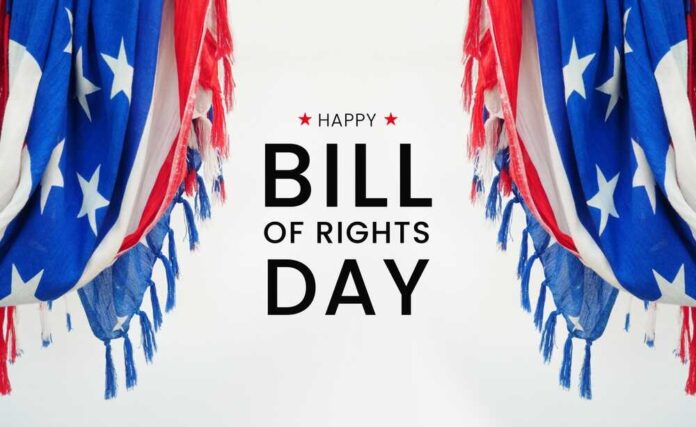On Wednesday, the House of Representatives passed a new law that will prohibit the government from purchasing the private data of Americans from data brokers, which has been used as a way for government agencies to get around the Fourth Amendment protections in the past.
The bill, called the Fourth Amendment Is Not For Sale Act, passed through Congress’ lower chamber by a vote of 219-199.
If enacted as law, it would bar law enforcement and intelligence agencies from purchasing this private data of U.S. citizens from data brokers who are third parties.
Republican Representative Warren Davidson of Ohio, one of the co-sponsors of the bill, said:
“Despite opposition from the Biden White House, the Fourth Amendment Is Not For Sale Act represents a bipartisan and bicameral agreement that American citizens deserve to have their rights protected by their government. Congress must pass this bill to ensure that the unconstitutional sale of Americans’ data without a warrant is ended.”
Davidson originally intended his proposal to be an amendment to the Reforming Intelligence and Securing America Act, which would’ve reauthorized the Foreign Intelligence Surveillance Act’s Section 702.
However, House Speaker Mike Johnson made a procedural move that barred the amendment from consideration. Now, the bill will have to pass through Congress on its own merits.
The bill is certainly bipartisan, as it was co-written by Democratic Representative Sara Jacobs of California. As she explained:
“Our rights shouldn’t have a price tag. That’s why we need to pass the bipartisan Fourth Amendment Is Not For Sale Act — that I’m so proud to co-lead — and close the data broker loophole that allows intelligence agencies to buy our personal data.”
After the bill was passed through the House, the American Civil Liberties Union celebrated it. As the ACLU wrote in a blog post on its website:
“When the government wants to obtain Americans’ private information, like where they live, what doctor’s office they visited, or who they are dating, the Fourth Amendment requires it to go to court and obtain a warrant. But for years now, federal agencies, like the Internal Revenue Service and Department of Defense, have been buying their way around this requirement by purchasing Americans’ sensitive information from data brokers.”
The ACLU explained that these third-party companies obtain the information from common applications such as Tinder or The Weather Channel, and users don’t even realize it’s happening. The government is then able to use that data to track people’s location, even if they don’t have probable cause or a warrant to do so.
The ACLU’s senior policy counsel, Kia Hamadanchy, commented:
“The bipartisan passage of this bill is a flashing warning sign to the government that if it wants our data, it must get a warrant. We hope this vote puts a fire under the Senate to protect their constituents and rein in the government’s warrantless surveillance of Americans, once and for all.”


















